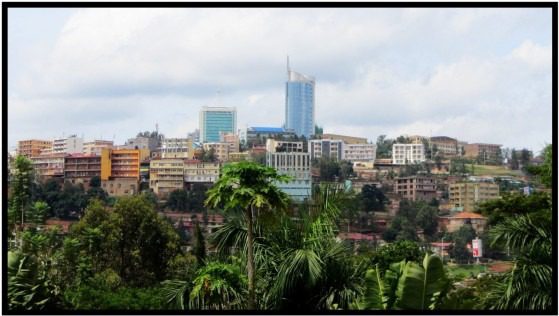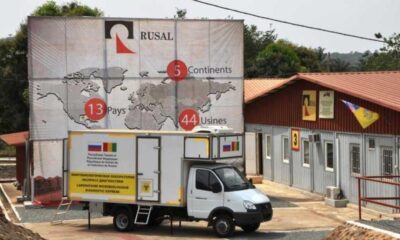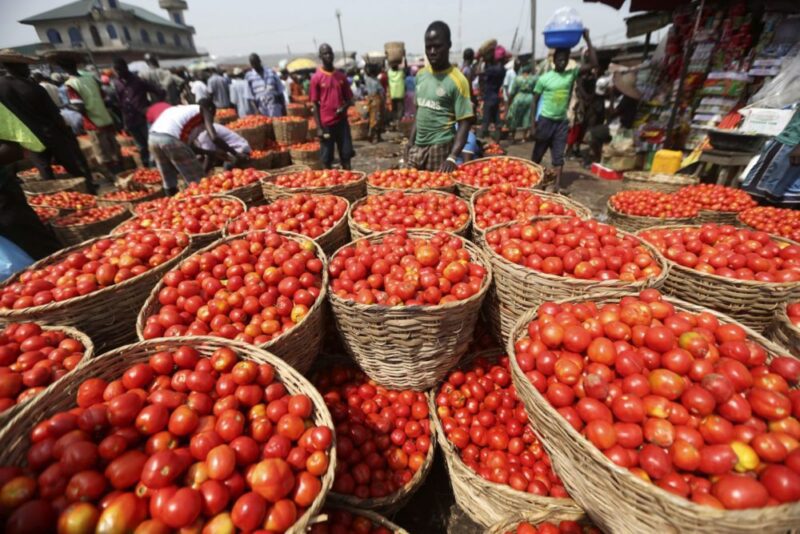Global Issues
Reversing The Shame of Africa -By Ahmad Salkida

Recently the European Union (EU) coast guard dug up from beneath the Mediterranean Sea several hundreds of bodies of young Africans drown in a desperate attempt to cross to Europe. The desperation tells another sordid story. Young Africans, full of life, have been shortchanged by a myriad of misfortunes in their native homes. Wars, terrorism, poor governance, corruption, unemployment, famine have combined to render the youths of Africa a most miserable and uncertain future.
Interest in the nationalities of the young Africans swarming the Mediterranean Sea and daring deaths at every opportunity reflects countries embedded in all sorts of misfortunes, largely inflicted by its leadership. Hardly surprising is that none of the desperate young Africans is from the Republic of Rwanda.
A thing or two about Rwanda: a little over two decades ago, driven by corruption, hate and nepotism the country descended into the lowest abyss of human depravity and genocide. Rwanda became the embodiment and poster child of Africa’s horror and shame.
But with a sustained momentum of inspiration and vision, President Paul Kagame has led a most hateful, divided, impoverished and desperate society into a model of reconciliation, good governance and national ascendancy.
How has it been possible that within a timeframe of a decade, a virile African leadership has been able to lead a failed state into a model of economic prosperity, while other African countries with far less trouble, better economic and social endowments are sinking daily into the categories of ‘failed’ and ‘failing’ states? Take, for instance, Nigeria, Cameroon, Senegal, Congo, Ethiopia, Eritrea, Somalia, Sudan and Libya etc. Each of these countries, by its natural endowments and human resources, harbours more potentials than any single European country. However, the youths, who are the future and potentials of posterity of these countries, are on a daily basis embracing certain deaths in attempting to escape the inhumanity that profiles their African existence.
In the 21st century Africa, over a century after slavery and colonialism, our values are still subjected to those below the inhumanity of slavery. In simple terms, European slave masters came over to Africa, deployed weapons to pursue, capture and take Africans into slavery. Today, Africans are designing their own schemes in pursuit of the aspiration to be enslaved, which is what the mass migration to Europe signals.
The challenges in Africa are real, but the solution lies in Africa, and not abroad. Rwanda, led by an African has given eloquent testimony to this. It is a viable model. Nigeria, Ghana, Senegal and even the troubled rich Libya can borrow a leaf from the Rwandan model and save this generation of Africans the enduring shame of today.
“The reality is, Africa is being ripped off big time,” says former African Development Bank president Donald Kaberuka. “Africa wants to grow itself out of poverty through trade and investment–part of doing so is to ensure there is transparency and sound governance in the natural resources sector.”
However, transparent and fair trade between Africa and the rest of the world, especially the Western world, seems unattainable for now; but it is too late for Africans to lay idle and lament. Developments in places like diamond-rich Botswana and once impoverished agrarian Rwanda reveal that if African countries do the right things, they can experience stable and transparent economic growth and turn the lives of their citizens around within a short period.
Imagine Nigeria with a population of over 170 million–the biggest African market, the most enterprising and energetic young demographic, with professionals and highly creative people. What else would one need to become a world power other than these elements? Still the Nigerian dream and aspiration of a strong nation, leading the rest of Africa, remains a dream. For now. According to a former World Bank vice-president for Africa, Oby Ezekwesili, Nigeria–Africa’s biggest oil producer–has lost at least $400bn (£250bn) of its oil revenue since the country’s independence in 1960. Meanwhile, about 90 percent of the people live on less than $2 per day. Yet that cannot be all of the story of Nigeria.

The last general elections in Nigeria was eloquently described as a watershed, with the narrative leading to the elections built around change. Nigeria needs change. Nigeria needs to lead Africa to an enduring change, however for Nigeria to succeed in this, she needs to look in the direction of a tiny East African country that is not all that perfect, but which continually strives towards excellence by doing the right things so far.
The challenges in Africa are real, but the solution lies in Africa, and not abroad. Rwanda, led by an African has given eloquent testimony to this. It is a viable model. Nigeria, Ghana, Senegal and even the troubled rich Libya can borrow a leaf from the Rwandan model and save this generation of Africans from the enduring shame of today.
Ahmad Salkida, a freelance journalist and conflict analyst, can be reached on Twitter @contactSalkida.


















